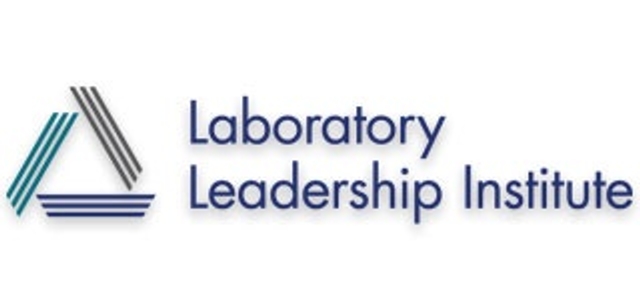All Access: 2024 Emerging Laboratory Managers Collaborative Conference
All access pass to 20 sessions and 20 hours of P.A.C.E credit from the 2024 Emerging Laboratory Managers Collaborative Conference. National education on topics for current and aspiring leaders,...




